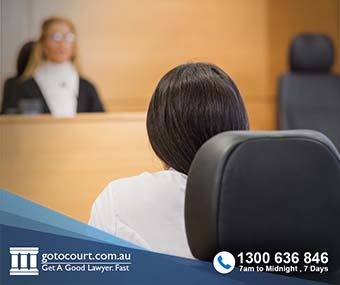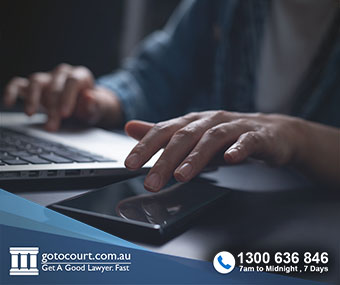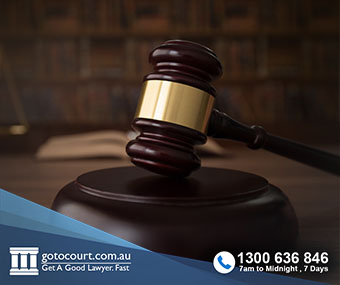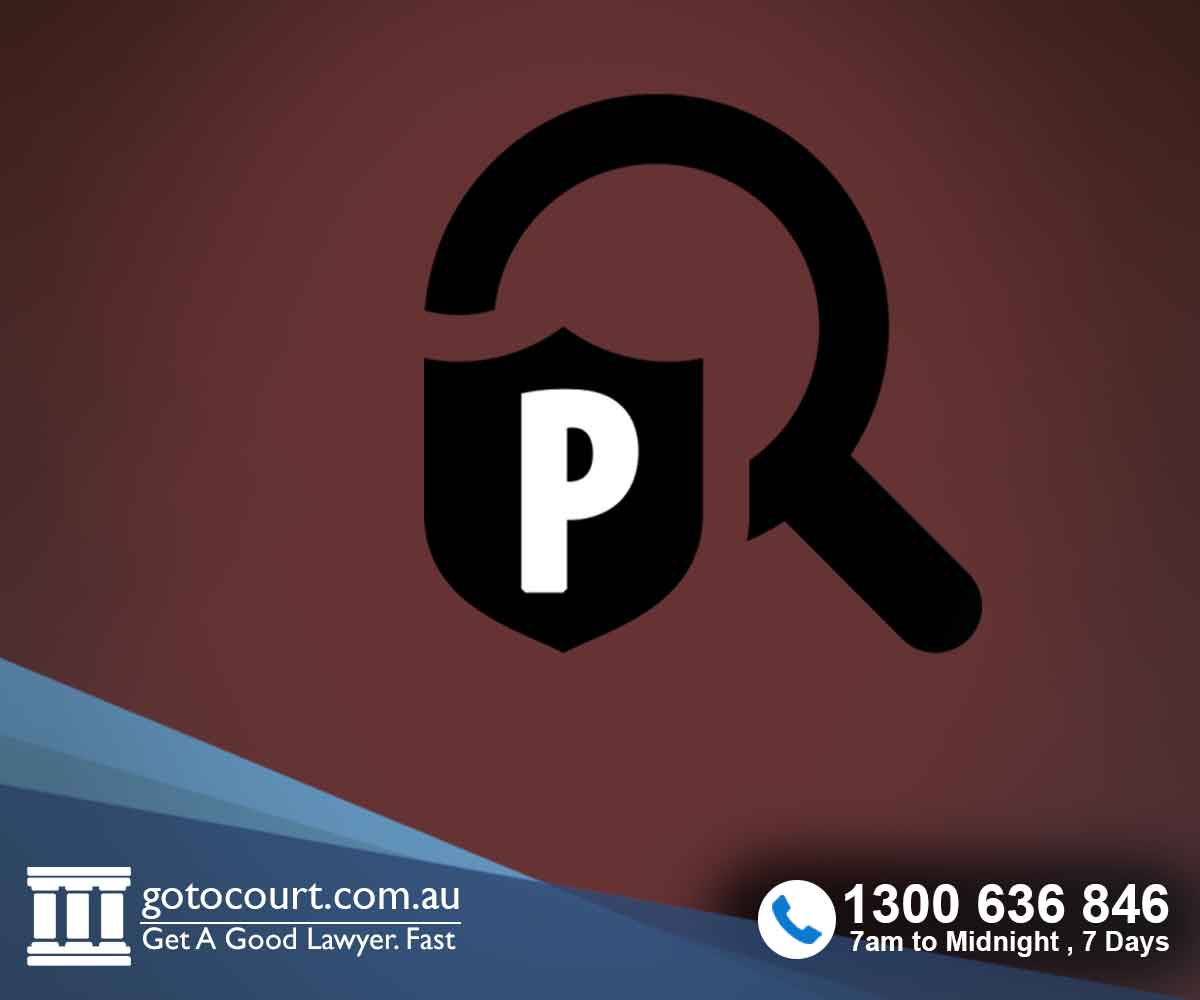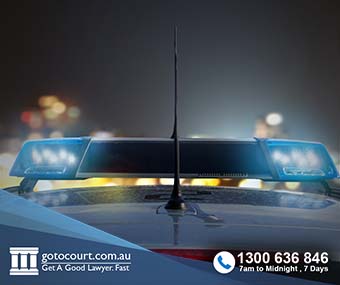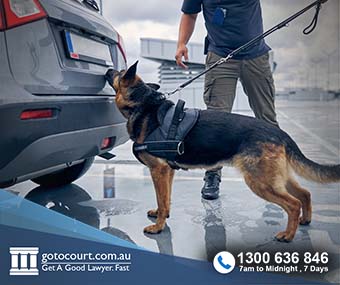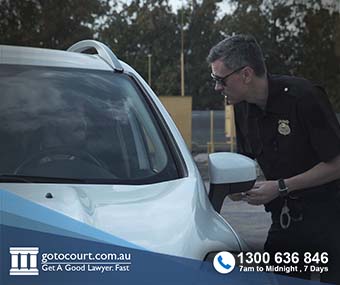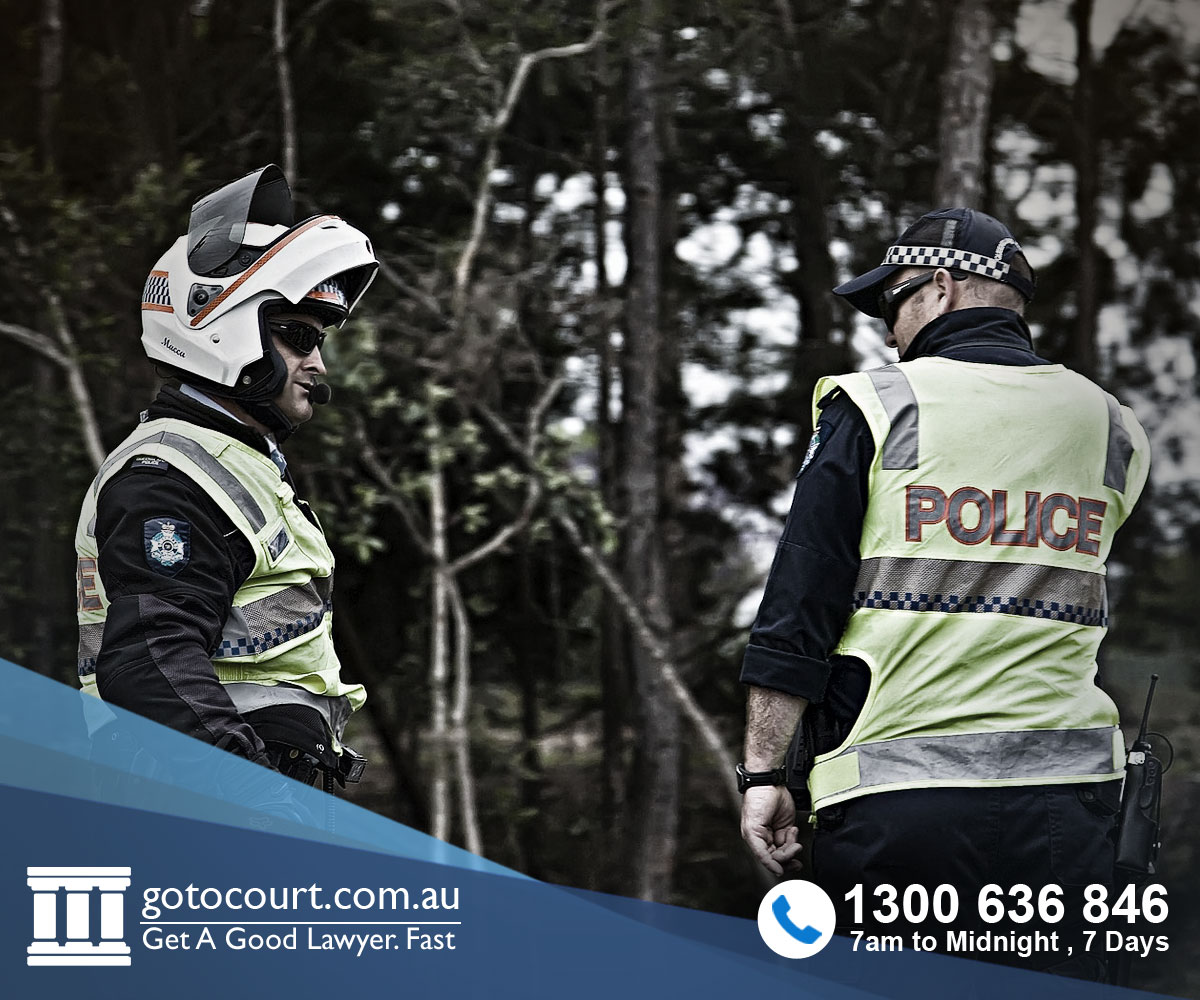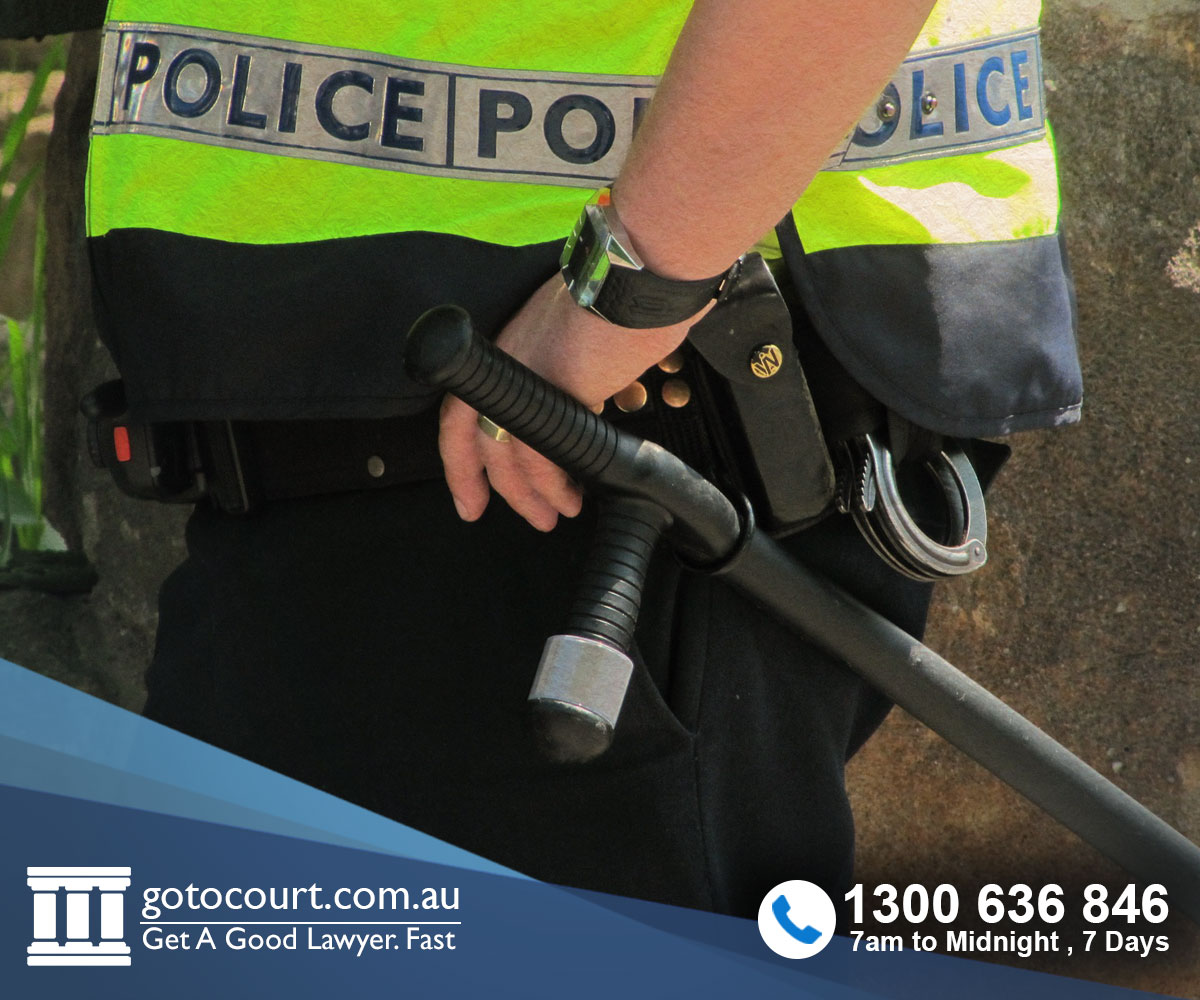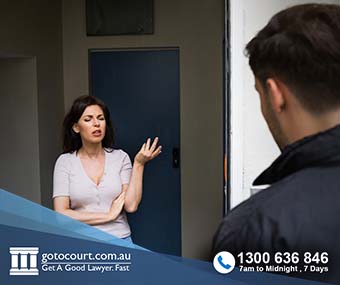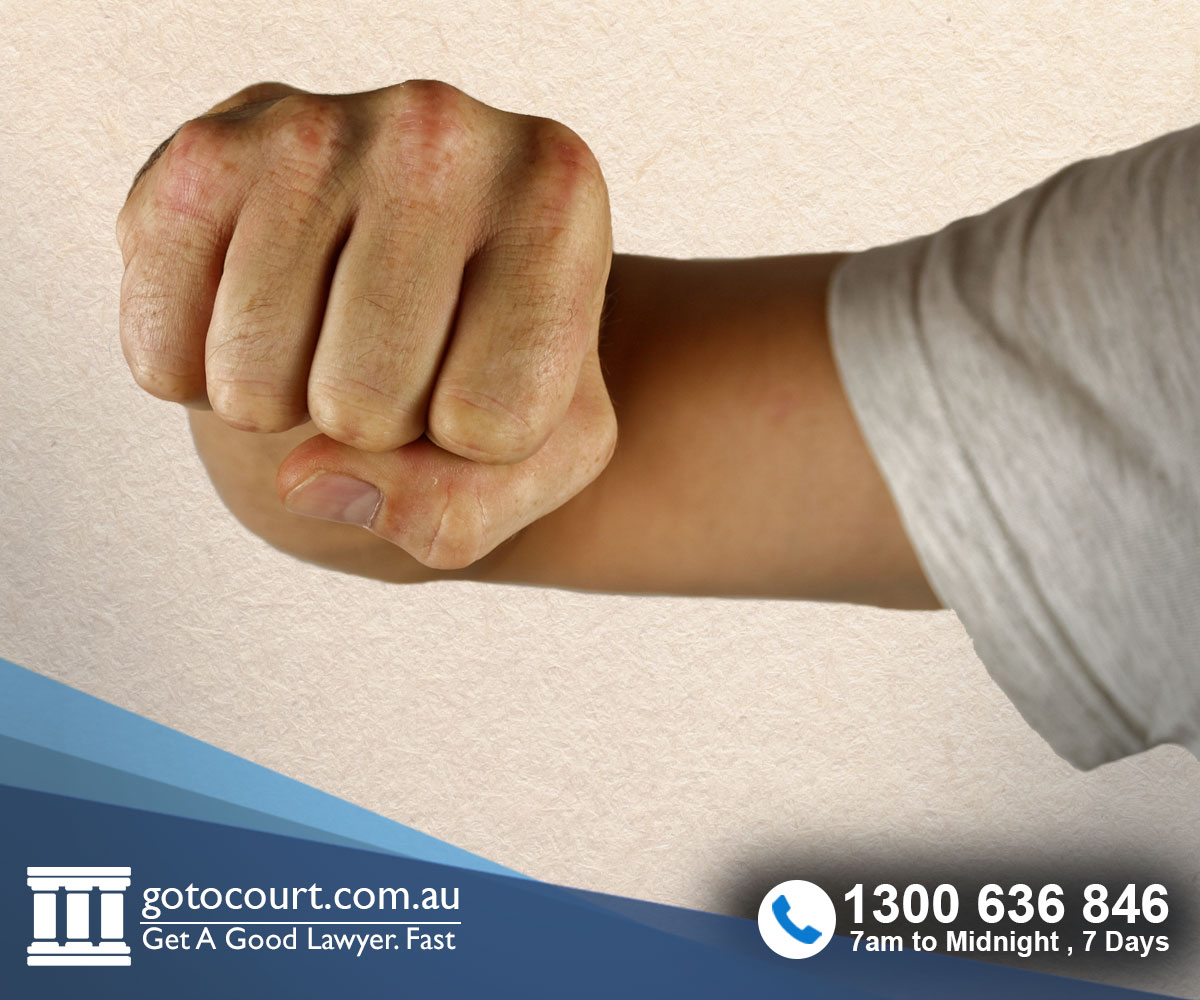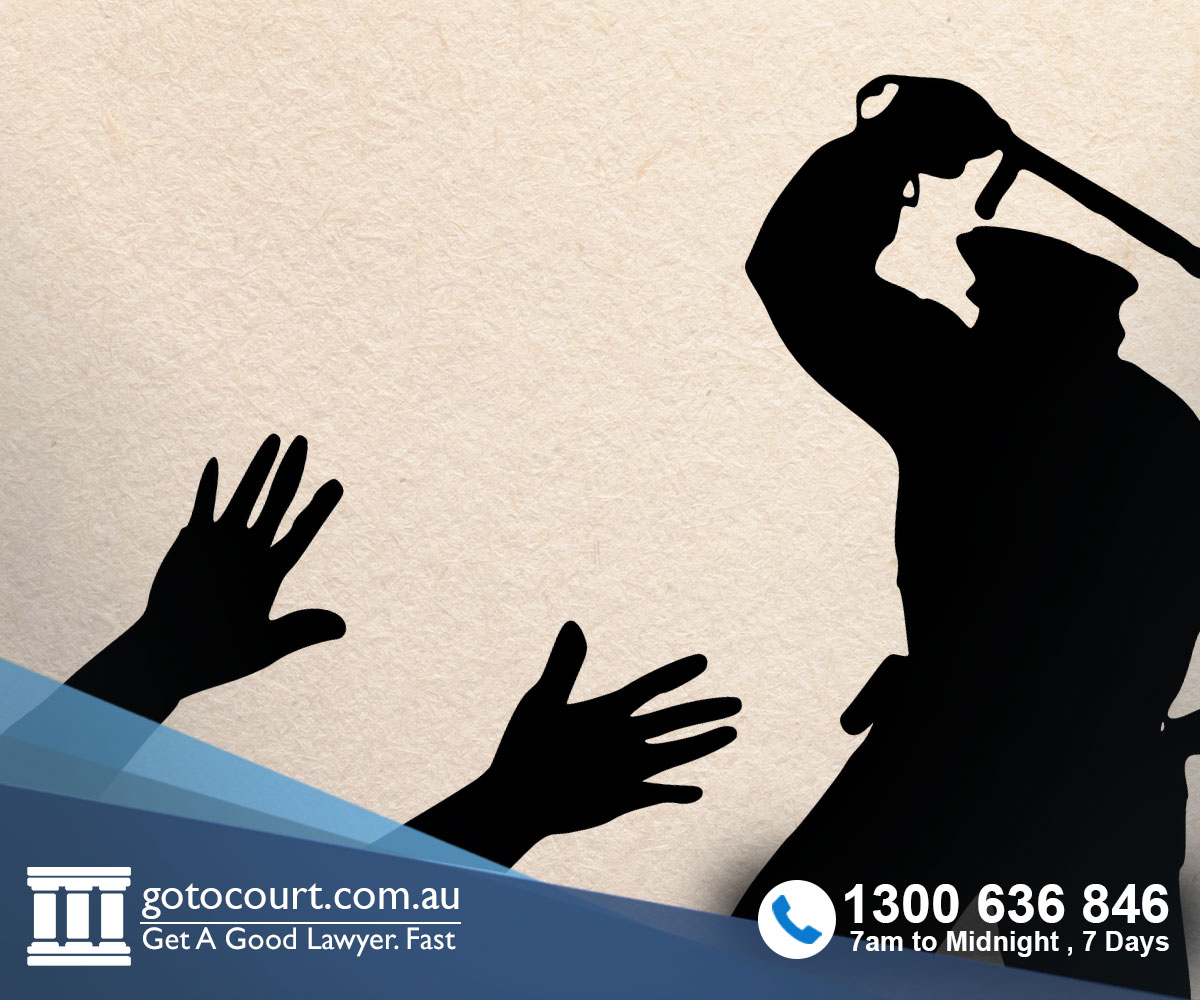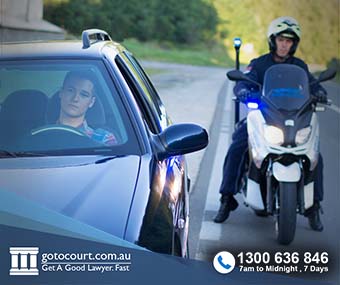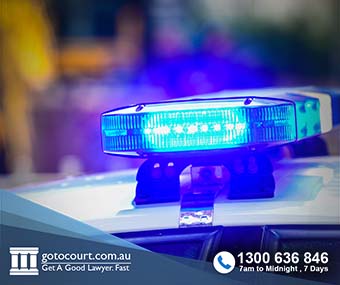Call our lawyers
now
or,
have our lawyers
call you
Information Stored Electronically and Search Warrants (Qld)
Updated on Nov 08, 2022 • 4 min read • 502 views • Copy Link
Information Stored Electronically and Search Warrants (Qld)
At common law, the privilege of self-incrimination is a person’s fundamental right not to be compelled to provide documents or answer questions in circumstances where the information or answers may incriminate the person. It is possible for this common law right to be curtailed by statute in appropriate circumstances. In a recent Queensland Court of Appeal decision, the court considered how the right not to self-incriminate relates to requests by police, under a search warrant, for the access codes for a mobile phone or similar device in order to access information stored electronically. In the context of information stored electronically , a person may incriminate themselves by providing access codes to the device where there is information on the device that enables the police to charge the person with a criminal offence.
Wasmuth v Commissioner of Police
When the Court of Appeal heard the case of Wasmuth v Commissioner of Police 2018, the law in place at the time the offending took place (16 August 2016) did not expressly curtail the right not to self-incriminate.
The defendant in the matter was deemed to have ‘had a lawful excuse for failing to provide to the police officer the access information to the phone. That lawful excuse was her right to insist upon her privilege not to incriminate herself by demonstrating the extent of her knowledge of the information necessary to access the phone and its data.’
The conviction against the defendant in the matter was quashed.
Legislative amendments
In response to the decision, the legislation was amended through the addition of s 154B to the Police Powers and Responsibilities Act 2000, which provides that a person is not excused from complying with orders in a search warrant about information necessary to access information stored electronically (such as the provision of passcodes) on the ground that complying with these orders may tend to incriminate the person or make the person liable to a penalty.
Section 205A was also added to the Queensland Criminal Code:
A person who contravenes—
(a) an order made under the Police Powers and Responsibilities Act 2000, section 154(1) or (2), 154A(2) or 178A(1); or
(b) an order made under the Crime and Corruption Act 2001, section 88A(1) or (2) or 88B(2);
commits a crime.
Maximum penalty—5 years imprisonment.
These amendments provide that the right to immunity from prosecution, on the basis of self-incrimination, is no longer available to a defendant who has been ordered to give police access to information stored electronically. The law states that a defendant must provide passcodes to a device such as a mobile phone when ordered to do so under a search warrant or face prosecution under s 205A of the Criminal Code and be subject to the maximum penalty of imprisonment for five years.
These legislative provisions amount to an express abrogation or curtailment of the right to claim privilege against self-incrimination.
What do the changes mean?
When you are ordered to provide information stored electronically to police by a search warrant issued under s 151 of the Police Powers and Responsibilities Act 2000 you cannot any longer refuse to provide the information, by relying on the privilege not to self-incriminate.
If you are ordered to provide information stored electronically, you must provide police with the passcodes to the relevant devices. If you fail to do so you may be charged under s 205A of the Criminal Code which attracts a maximum penalty of 5 years imprisonment.
If you require legal advice in a criminal law matter or in any other legal matter please contact Go To Court Lawyers.


Affordable Lawyers
Our Go To Court Lawyers will assist you in all areas of law. We specialise in providing legal advice urgently – at the time when you need it most. If you need a lawyer right now, today, we can help you – no matter where you are in Australia.How It Works








1. You speak directly to a lawyer
When you call the Go To Court Legal Hotline, you will be connected directly to a lawyer, every time.


2. Get your legal situation assessed
We determine the best way forward in your legal matter, free of charge. If you want to go ahead and book a face-to-face appointment, we will connect you with a specialist in your local area.


3. We arrange everything as needed
If you want to go ahead and book a fact-to-face appointment, we will connect you with a specialist in your local area no matter where you are and even at very short notice.

